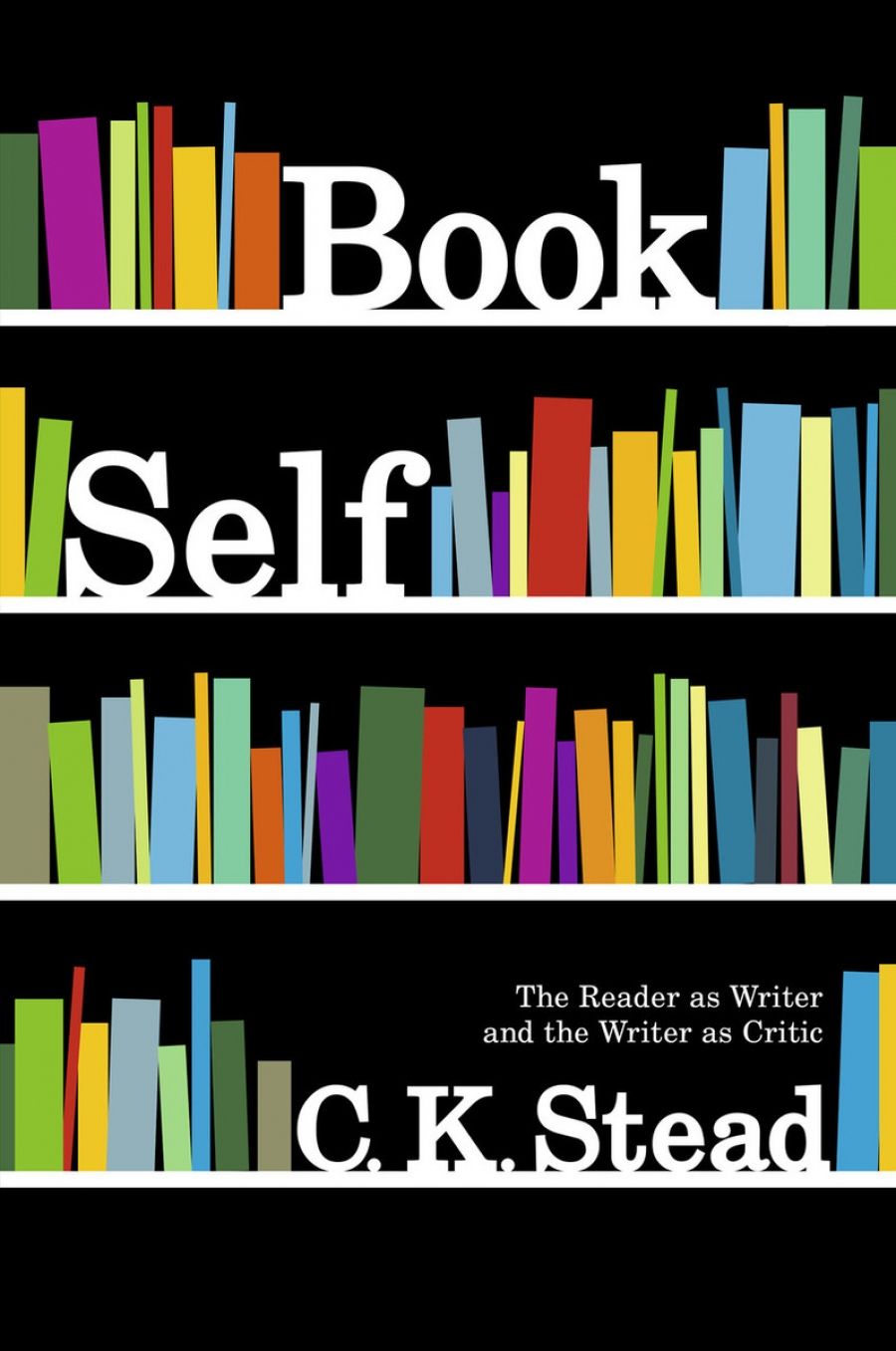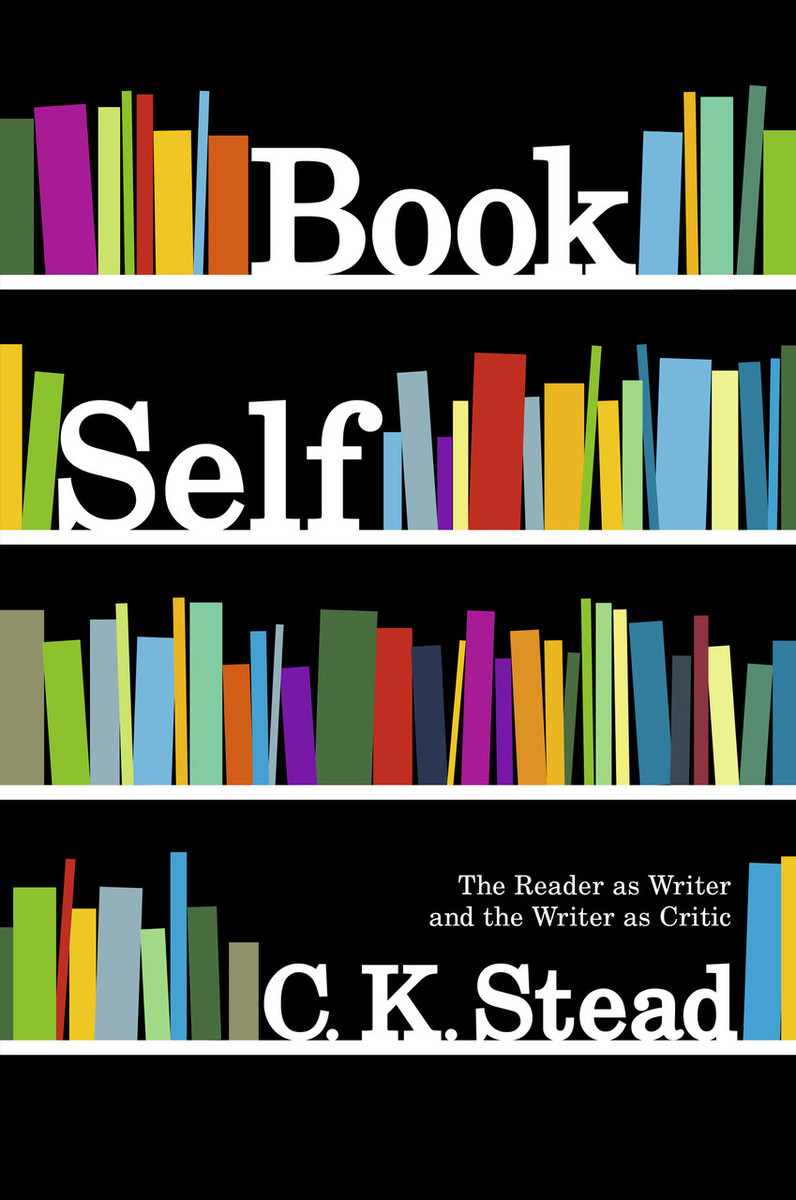
- Free Article: No
- Contents Category: Literary Studies
- Custom Article Title: Critical stances
- Review Article: Yes
- Article Subtitle: Critical stances
- Online Only: No
- Custom Highlight Text:
C.K. Stead’s new collection of non-fictional prose confirms his reputation as New Zealand’s grand old man of letters, still swimming, aged seventy-six, against the tide. The author of fourteen books of poetry, as many novels, and several critical works which followed from his highly influential The New Poetic in 1964, Stead continues to be under-read and under-appreciated outside his own country, despite his outward-looking vision, the cross-national themes of his writing and the translation of his work into several European languages. The parochialism of ‘mainstream’ literary critical culture is nicely illustrated by an approving British review of his novel My Name Was Judas (2006), which Stead quotes in one of the journal entries included in this anthology. The reviewer ‘praises’ Stead as ‘an elderly and obscure New Zealand author who ... must surely be a prime candidate for the Nobel Prize’. Well might the Nobel bridesmaid remark, ‘How’s that for even-handed!’.
- Book 1 Title: Book Self
- Book 1 Subtitle: The reader as writer and the writer as critic
- Book 1 Biblio: Auckland University Press, $49.95 pb, 328 pp
- Book 1 Cover Small (400 x 600):

- Book 1 Cover (800 x 1200):

Book Self is an apposite title for a work that, through its four parts – autobiographical and social commentary, literary opinion pieces, journal extracts and interviews, and literary historical essays – reflects the way in which books and writing contribute to the ‘self’ of the writer and critic. Stead, whose critical stances have evolved from his intellectual apprenticeship to T.S. Eliot, William Empson, I.A. Richards and others, is the best kind of humanist: widely read, ever-questioning, a passionate believer in the notion that some works are better written than others. He holds that there is such an entity as the self, and that the best critics, like the best poets and novelists, ‘speak’ to their audience: ‘I have always believed that the reader of a piece of literary criticism should feel in the presence of a particular person, a personality, who is reading and commenting on the work in question.’ Little wonder, then, that Stead expresses disdain for the idiom of deconstructive criticism, which he finds to be deadeningly impersonal: ‘the argot developed by these academic cultists was so repetitive, arcane and pretentious, so obfuscatory and oracular, they were soon being listened to only by one another, and by their conscript students who had no choice.’
That this attitude to the French deconstructionists and their English followers is no knee-jerk reaction to the shock of the new is demonstrated by his autobiographical reflections on the differences between French and English as literary languages. ‘The Sweetshop Window’ explores Stead’s sense of how both national literatures have shaped his writing self: French with its ‘simplicity, clarity and elegance, compactness, and ... often a shimmering quality’ is different from English, tending to density and syntactic complexity. The prose in which the essay is written affirms the ‘presence’ of the critic, when he turns to disclose his recognition of an unconscious influence from Victor Hugo in a story he had written years before, and in his approval of France and New Zealand’s mutual distaste for the American invasion of Iraq: ‘French fries for me are still pommes de terre frites – they are not Freedom Fries.’ We are clearly not in the presence of a critic whose world is defined solely by the book. For all his love of French literature, food and landscape, Stead is no narrow Francophile. Here, for example, is a journal entry from 1999: ‘I have given up on Proust ... On what is the big reputation built? Is it more than the fact that the whole is very large and that there’s a commitment of self in reading it all, which makes “Pwoost” part of one’s personal history?’
Honesty, about himself as much as others, is one of the strengths of Stead’s writing. The note stuck in the introductory essay, ‘The Function of Criticism’ – where he makes a stinging rejoinder to a younger critic who takes Stead to task for his supposed ‘settler nationalism’, and makes some pertinent, if uncomfortable, remarks about ‘reverse racism’ in the context of Maori writing – is sounded several times throughout the book. His clear-sightedness about the work of some of the New Zealand writers whom he holds most dear (Allen Curnow, Frank Sargeson, Janet Frame) is characteristic of his ability to separate personal from critical considerations. The account of the fiasco surrounding the New Zealand government’s generous gift of a London flat for the country’s writers, when a bevy of literati mouthed off about cultural imperialism and Stead’s own (minor) role in the arrangements, is as close as he comes to bitterness. Small wonder: incidents such as this are not confined to the antipodes, and they give the lie to platitudes about ‘literary community’. Readers of this essay will see that there is nothing like a dame.
As a leading practitioner of the postmodern sub-genre of the novel in which biography and historical fact intersect, Stead has some fascinating things to say about the satisfactions, challenges and responsibilities involved in this kind of writing. His essay on Mansfield: A Novel (2004), his novel about Katherine Mansfield’s key relationships, should be essential reading for students of life writing and Creative Writing. Equally rewarding is the diverting account of his friend Craig Raine’s narrative poem History: The Home Movie (1994), which gives ‘factional’ shape to the intertwined lives of the Raine and Pasternak families. This essay shades into an excursus on modernism, which links Raine’s poem to the experiments of Chekhov and Pound. Again, essential reading from a writer who is deeply informed about European and American traditions. (In an extract from his 2007 journal, Stead has some suitably sniffy things to say about Raine’s ‘defence’ of T.S. Eliot’s anti-Semitism.)
Like most good collections, this one contains some surprises. Published for the first time here is ‘Poetry and Politics (and a beating)’. A ‘Speak, Memory’ piece, it begins with writing a poem, twenty years after being caned by an English master as a fourteen-year-old, and ends with a chance meeting at a Vietnam demonstration with a forgotten classmate (sexually abused by the master), who provides a ‘horrible and satisfying’ explanation for the episode. ‘The poem,’ Stead writes, ‘had written itself, telling me what it knew and I did not.’
Australian readers should be grateful for Stead’s homage to ‘Ern Malley’. His review of Michael Heyward’s The Ern Malley Affair (1993) concludes with an acerbic catalogue of the Writers’ Walk at Circular Quay, noting its significant exclusions. One of them is ‘the well-wrought Ern’:
A plaque for Ern Malley, the great Australian Modernist, would surely have rounded out the absurdity of the exercise and truthfully recorded something deeply uncertain at the heart of Australian literary identity in the twentieth century.


Comments powered by CComment